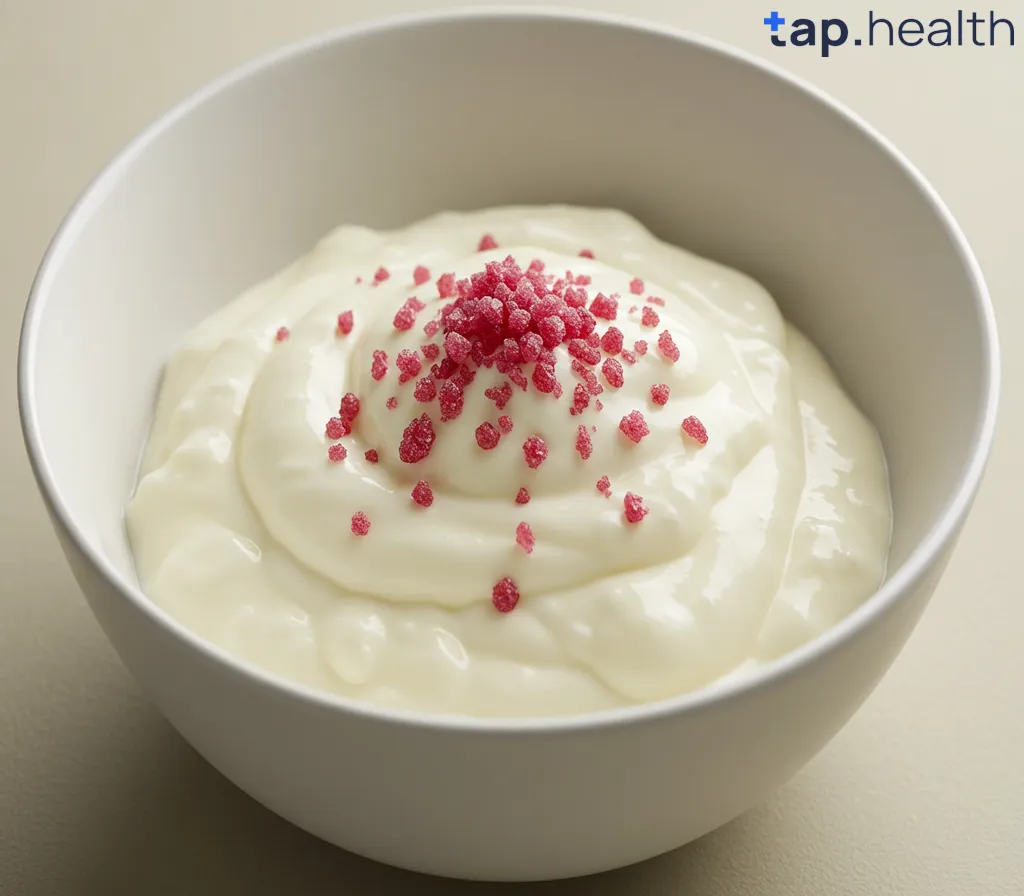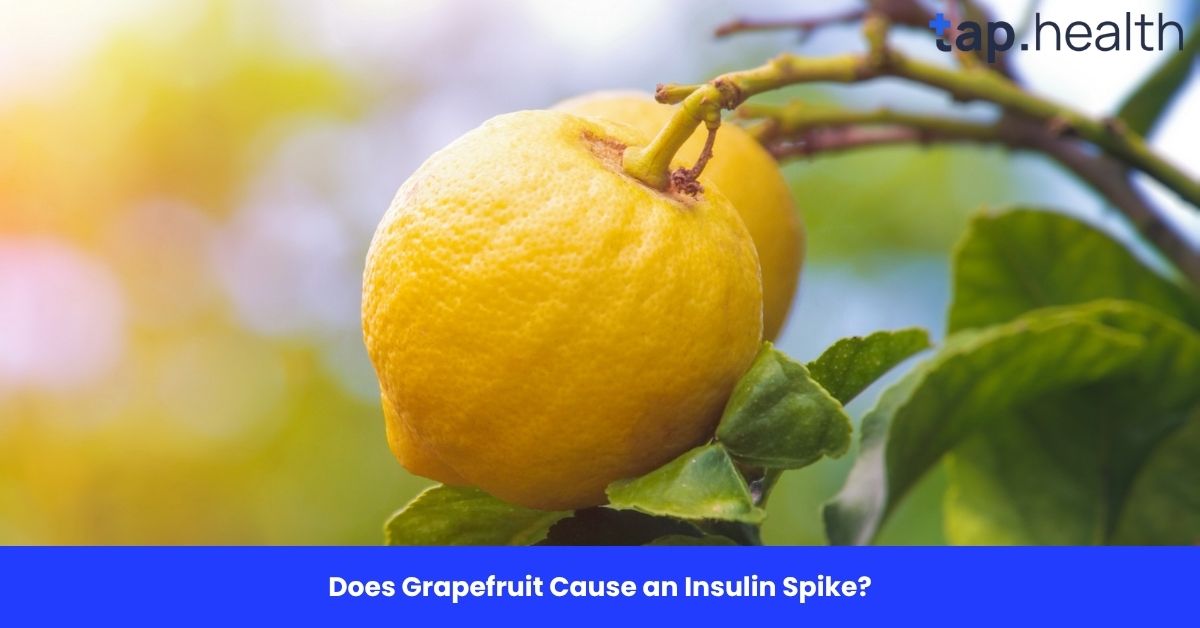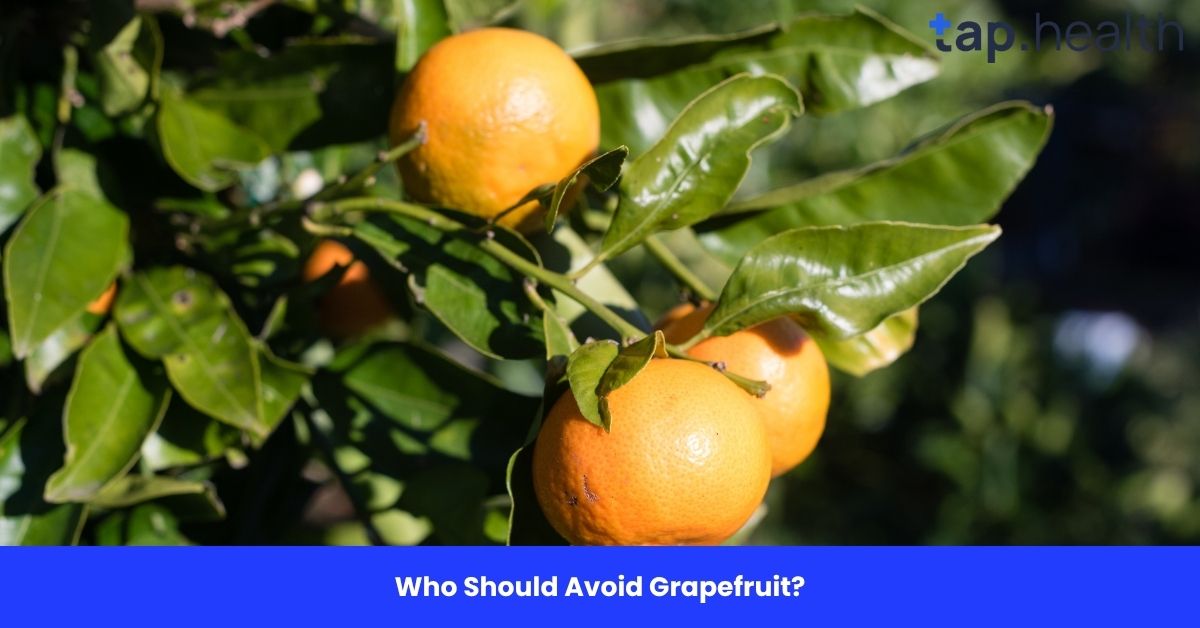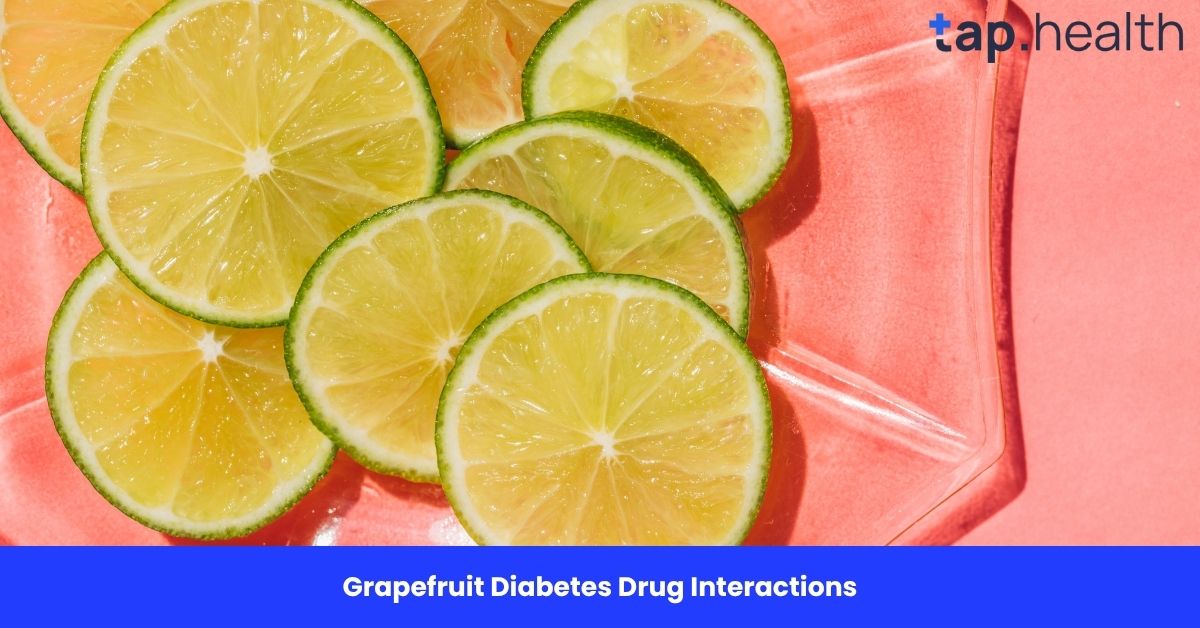If you eat curd—also known as yogurt—you might be getting more than just a creamy, tangy snack. You could also be getting a healthy dose of vitamin B12, one of the most important nutrients for your energy, brain, and nerves.
But here’s the big question: How much vitamin B12 is in curd?
The answer depends on a few things—like the type of milk used, how it’s made, and whether it’s fortified.
In this guide, we’ll break down everything you need to know about vitamin B12 in curd. We’ll cover:
- How much B12 is in different types of curd (homemade, store-bought, Greek, etc.)
- Why vitamin B12 matters for your health
- Who needs more B12 and why
- How curd compares to other B12-rich foods
- Whether plant-based curds have B12
- How to choose the best curd for B12
- And much more
All explained in simple, everyday language—no confusing science terms. Just real, useful facts based on trusted sources like the USDA, National Institutes of Health (NIH), Mayo Clinic, and Harvard Health.
Let’s dive in.
What Is Vitamin B12 and Why Is It Important?
Vitamin B12—also called cobalamin—is a vital nutrient your body needs to function properly. It’s water-soluble, which means your body doesn’t store it for long, so you need to get it regularly from food or supplements.
Key Roles of Vitamin B12 in the Body
- Helps make red blood cells: Without enough B12, you can develop a type of anemia that makes you tired and weak.
- Supports brain and nerve function: B12 keeps your nervous system healthy and helps prevent memory problems.
- Converts food into energy: It helps your body turn carbohydrates into fuel.
- Maintains DNA and cell health: It’s essential for cell growth and repair.
You can’t make vitamin B12 yourself. You must get it from animal-based foods—like meat, eggs, dairy, and fish—or from fortified foods and supplements.
What Is Curd? Is It the Same as Yogurt?
Yes—curd and yogurt are the same thing, just called by different names in different places.
- In India and some parts of Asia, it’s called curd.
- In the U.S., UK, and many other countries, it’s called yogurt.
Both are made by fermenting milk with live bacterial cultures. These good bacteria (like Lactobacillus and Bifidobacterium) are great for your gut health.
Curd/yogurt can be made from:
- Cow’s milk
- Buffalo milk
- Goat’s milk
- Plant-based milks (like soy or almond), though these are not true dairy curd
Since vitamin B12 comes from animal sources, only dairy-based curd contains natural B12.
How Much Vitamin B12 Is in Curd?
Now, the main question: How much vitamin B12 is in curd?
On average, one cup (245 grams) of plain, whole-milk curd contains about 1.1 to 1.4 micrograms (mcg) of vitamin B12.
That’s roughly 45–60% of the daily recommended amount for most adults.
B12 Content in Different Types of Curd
| Plain whole-milk curd | 1 cup (245g) | 1.3 mcg | 54% |
| Low-fat curd | 1 cup (245g) | 1.2 mcg | 50% |
| Greek yogurt (plain) | 1 cup (245g) | 1.0–1.3 mcg | 45–54% |
| Skim milk curd | 1 cup (245g) | 1.1 mcg | 46% |
| Homemade curd (from whole milk) | 1 cup | ~1.3 mcg | 54% |
| Flavored curd (e.g., fruit) | 1 cup | 0.9–1.1 mcg | 38–46% |
*Daily Value based on 2.4 mcg for adults (NIH)
Note: B12 levels can vary slightly depending on the brand, milk source, and fermentation process.
Does Homemade Curd Have Vitamin B12?
Yes—homemade curd contains vitamin B12, as long as it’s made from animal milk (cow, buffalo, or goat).
The bacteria used to make curd do not produce B12—they only ferment the lactose (milk sugar) into lactic acid, which gives curd its tangy taste.
The B12 comes from the original milk, which naturally contains the vitamin.
So, if you make curd at home using fresh whole milk, you’ll get about the same amount of B12 as store-bought plain curd—around 1.2 to 1.4 mcg per cup.
Just remember: the longer milk sits before fermenting, the more B12 may break down due to light and heat exposure. Fresh milk = better nutrient retention.
Does Greek Curd (Greek Yogurt) Have B12?
Yes—Greek yogurt (often called Greek curd) contains vitamin B12, but slightly less than regular curd in the same serving size.
Why?
Because Greek yogurt is strained to remove whey, making it thicker and higher in protein. But this process also removes some of the water-soluble vitamins, including a small amount of B12.
Still, one cup of plain Greek yogurt has about 1.0 to 1.3 mcg of B12—which is more than enough to contribute significantly to your daily needs.
Does Flavored or Sweetened Curd Have B12?
Yes—but often less than plain curd.
Flavored curds (like strawberry, vanilla, or mango) usually have added sugars, syrups, and preservatives, which dilute the milk content. That means less B12 per serving.
Also, some brands use lower-fat milk or add fillers, further reducing nutrient density.
For the most B12:
- Choose plain curd
- Add your own fruit or honey
- Avoid artificial flavors and colors
Can You Rely on Curd for Your Daily Vitamin B12?
Curd is a good source of vitamin B12, but probably not enough to meet your full daily needs on its own.
Daily B12 Requirements (NIH)
| Adults | 2.4 mcg |
| Pregnant women | 2.6 mcg |
| Breastfeeding women | 2.8 mcg |
| Teens (14–18) | 2.4 mcg |
| Children (9–13) | 1.8 mcg |
Since one cup of curd gives you about 1.3 mcg, you’d need to eat two cups—plus other B12-rich foods—to meet your daily goal.
So, while curd is a helpful part of your B12 intake, it shouldn’t be your only source.
What Are the Best Food Sources of Vitamin B12?
Curd is good—but other foods have even more B12.
Top B12-Rich Foods
| Cooked clams | 3 oz | 84 mcg |
| Beef liver | 3 oz | 70 mcg |
| Fortified breakfast cereal | 1 cup | 6 mcg |
| Cooked salmon | 3 oz | 4.8 mcg |
| Tuna (canned) | 3 oz | 2.5 mcg |
| Milk (cow’s) | 1 cup | 1.2 mcg |
| Cheese (cheddar) | 1 oz | 0.3 mcg |
| Eggs (1 large) | 1 egg | 0.6 mcg |
As you can see, seafood and organ meats are the richest sources. But for everyday meals, dairy products like curd and milk are among the most accessible and consistent sources—especially for vegetarians.
Is Curd a Good B12 Source for Vegetarians?
Yes—curd is one of the best sources of vitamin B12 for vegetarians.
Since B12 is only naturally found in animal products, vegetarians who don’t eat meat, fish, or eggs rely heavily on:
- Dairy (milk, curd, cheese, paneer)
- Eggs
- Fortified foods (like cereals or plant milks)
For lacto-vegetarians (who eat dairy), curd is a daily staple and a reliable way to get B12.
But:
- Vegans (who avoid all animal products) cannot get B12 from curd unless it’s fortified.
- Regular plant-based yogurts (soy, almond, coconut) do not contain natural B12.
So if you’re vegan, look for fortified plant-based curds or take a B12 supplement.
Does Plant-Based or Vegan Curd Have Vitamin B12?
No—not unless it’s fortified.
Natural vitamin B12 does not exist in plants. So soy yogurt, almond yogurt, or oat-based curd won’t have B12 unless the manufacturer adds it.
Always check the label.
How to Spot Fortified Vegan Curd
Look for:
- “Fortified with vitamin B12” on the front
- Nutrition label showing B12 content (e.g., 1.0 mcg per serving)
- Ingredients list with “cyanocobalamin” or “methylcobalamin” (forms of B12)
Many brands—like Silk, Almond Breeze, and Kite Hill—offer fortified options. But not all do.
If you’re vegan, don’t assume your plant curd has B12. Always read the label.
Can You Get Too Much Vitamin B12 from Curd?
No—you can’t get too much B12 from food, including curd.
Vitamin B12 is water-soluble, which means any extra your body doesn’t need is flushed out in urine.
There’s no known toxicity from eating too much B12-rich food.
Even if you eat two or three cups of curd a day, you won’t overdose.
However:
- Very high-dose supplements (like 1000 mcg pills) can cause rare side effects in sensitive people.
- But food sources like curd are perfectly safe.
So enjoy your curd without worry.
Who Is at Risk of Vitamin B12 Deficiency?
Even if you eat curd, you might still be low in B12.
Some people can’t absorb B12 properly, no matter how much they eat.
High-Risk Groups
1. Older Adults (Over 50)
As we age, our stomach produces less acid, which is needed to absorb B12 from food. That’s why the NIH recommends adults over 50 get B12 from fortified foods or supplements.
2. People with Digestive Disorders
Conditions like:
- Pernicious anemia (body attacks B12-absorbing cells)
- Crohn’s disease
- Celiac disease
- Gastric bypass surgery
These can block B12 absorption, even with a good diet.
3. Vegetarians and Vegans
Without meat or fish, and without enough dairy or fortified foods, B12 intake drops fast. Studies show up to 80% of vegans are deficient without supplements.
4. Long-Term Users of Certain Medications
Drugs like:
- Metformin (for diabetes)
- Proton pump inhibitors (for heartburn, like omeprazole)
Can reduce B12 absorption over time.
If you’re in any of these groups, talk to your doctor about testing your B12 levels.
What Are the Symptoms of Vitamin B12 Deficiency?
Low B12 can sneak up on you. Symptoms often start mild but get worse over time.
Common Signs
- Fatigue and weakness
- Pale or yellowish skin
- Shortness of breath
- Dizziness or lightheadedness
- Tingling or numbness in hands and feet (nerve damage)
- Memory problems or brain fog
- Mood changes (depression, irritability)
- Sore, red tongue
If left untreated, severe deficiency can lead to permanent nerve damage or anemia.
Curd helps prevent this—but only if you’re absorbing it properly.
How Can You Improve B12 Absorption from Curd?
Eating curd is a great start. But your body needs to absorb the B12 to benefit.
Tips to Boost Absorption
- Eat curd with other protein-rich foods – B12 binds to protein in food. When you digest it, stomach acid releases B12 so your body can absorb it.
- Avoid taking antacids with meals – These reduce stomach acid, which is needed for B12 absorption.
- Pair with vitamin C-rich foods – Some studies suggest vitamin C helps stabilize B12 during digestion.
- Don’t overheat curd – High heat can destroy some B12. Avoid boiling or baking curd for long periods.
- Eat fresh curd – B12 breaks down over time, especially when exposed to light. Store curd in opaque containers and use within a week.
Is Curd Better Than Milk for B12?
Not really—both have similar B12 levels.
| Whole milk | 245g | 1.2 mcg |
| Plain curd | 245g | 1.3 mcg |
So curd has a tiny bit more, but the difference is minimal.
However, curd has extra benefits:
- Probiotics for gut health
- Easier to digest (lactose is broken down during fermentation)
- Thicker texture, more filling
So while B12 content is similar, curd wins overall for digestion and nutrition.
Can Babies and Kids Get B12 from Curd?
Yes—curd is a safe and healthy source of B12 for children over 1 year old.
B12 Needs for Kids
| 7–12 months | 0.5 mcg |
| 1–3 years | 0.9 mcg |
| 4–8 years | 1.2 mcg |
| 9–13 years | 1.8 mcg |
One cup of curd gives a 4-year-old nearly all their daily B12.
But:
- Don’t give curd to babies under 1 year as a main food—breast milk or formula is best.
- After 1 year, plain, unsweetened curd is a great addition to meals.
Avoid flavored curds with added sugar for young kids.
Does Boiling or Cooking Curd Destroy B12?
Yes—heat can reduce vitamin B12 levels.
B12 is somewhat sensitive to high temperatures. Long cooking or boiling can destroy up to 30% of the B12 in curd.
How to Preserve B12 in Curd
- Don’t boil curd directly – Use it in raita, dips, or smoothies instead.
- Add curd at the end of cooking – Like in curries or soups.
- Avoid microwaving for too long – Short bursts are safer.
- Store in a cool, dark place – Light and heat degrade B12 over time.
For maximum B12, eat curd raw and fresh.
Can People with Lactose Intolerance Eat Curd for B12?
Yes—most people with lactose intolerance can tolerate curd.
During fermentation, the good bacteria in curd break down most of the lactose (milk sugar). That’s why curd is easier to digest than milk.
Many lactose-intolerant people can eat plain curd without bloating or gas.
But:
- Avoid sweetened or flavored curds—they often have added milk solids or sugar.
- Start with small amounts to test your tolerance.
- Look for “lactose-free” labeled curd if you’re very sensitive.
So curd is a great B12 option—even if you’re lactose sensitive.
How Much Curd Should You Eat for B12?
There’s no strict rule, but 1 to 2 cups of plain curd per day is a healthy amount for most people.
This gives you:
- 1.3–2.6 mcg of B12
- Probiotics for gut health
- Calcium for strong bones
- Protein to stay full
But balance is key. Too much curd can lead to:
- Excess calorie intake (if full-fat)
- High saturated fat (in whole-milk versions)
- Digestive upset (if you’re sensitive)
For best results:
- Choose low-fat or Greek curd if watching calories
- Stick to plain, unsweetened versions
- Pair with fruits, nuts, or oats for a balanced meal
Can Curd Help Prevent B12 Deficiency?
Yes—regularly eating curd can help prevent mild B12 deficiency, especially for vegetarians and older adults.
But it’s not a cure-all.
If you’re at high risk (vegan, over 50, digestive issues), you may still need:
- B12 supplements
- Fortified foods
- Regular blood tests
Curd is a helpful part of the solution—but not the whole answer.
Final Verdict: How Much Vitamin B12 Is in Curd?
To sum it all up:
✅ One cup of plain curd contains about 1.1 to 1.4 mcg of vitamin B12
✅ That’s nearly half of your daily needs
✅ It’s a great source for vegetarians and lacto-vegetarians
✅ Homemade, Greek, and low-fat curd all have good B12 levels
❌ Plant-based curds have no B12 unless fortified
❌ Curd alone isn’t enough for high-risk groups
So yes—curd is a solid, everyday source of vitamin B12. But for full protection, combine it with other B12-rich foods and get tested if you’re at risk.
FAQ: How Much Vitamin B12 in Curd?
Q1: Does curd have more B12 than milk?
Slightly—curd has about 1.3 mcg per cup vs. 1.2 mcg in milk. The difference is small, but curd has added probiotic benefits.
Q2: Can I get all my B12 from curd?
Not likely. You’d need 2+ cups daily, plus other sources, to meet your full needs—especially if you’re pregnant or over 50.
Q3: Does boiling curd destroy B12?
Yes, high heat can reduce B12 by up to 30%. Avoid boiling; use curd in cold dishes or add at the end of cooking.
Q4: Do probiotics in curd produce B12?
No. The bacteria in curd don’t make B12. The vitamin comes from the original milk.
Q5: Is Greek curd high in B12?
Yes—Greek yogurt has about 1.0–1.3 mcg per cup, making it a good B12 source, though slightly less than regular curd.
Q6: Can vegans get B12 from plant curd?
Only if it’s fortified. Check the label for added B12 (cyanocobalamin or methylcobalamin).
Q7: Does flavored curd have less B12?
Yes—often 10–20% less due to added sugars and lower milk content. Plain curd is best for B12.
Q8: Can I eat curd every day for B12?
Yes—1–2 cups daily is safe and healthy for most people.
Q9: Does curd help with B12 absorption?
Not directly, but its protein content helps your body process B12 from food.
Q10: What’s the best time to eat curd for B12?
Any time! Morning with breakfast, as a snack, or with dinner—all work. Just avoid pairing with antacids.
Final Thoughts
So, how much vitamin B12 is in curd?
About 1.3 mcg per cup—a solid chunk of your daily needs.
Curd is more than just a tasty snack. It’s a nutritious, accessible, and gut-friendly way to get essential vitamin B12, especially for vegetarians.
But remember: it’s not a magic fix. If you’re at risk for deficiency, don’t rely on curd alone. Combine it with other B12 sources, eat a balanced diet, and talk to your doctor about testing if you feel tired, weak, or foggy.
With the right habits, you can keep your energy, brain, and blood healthy—one spoonful of curd at a time.



